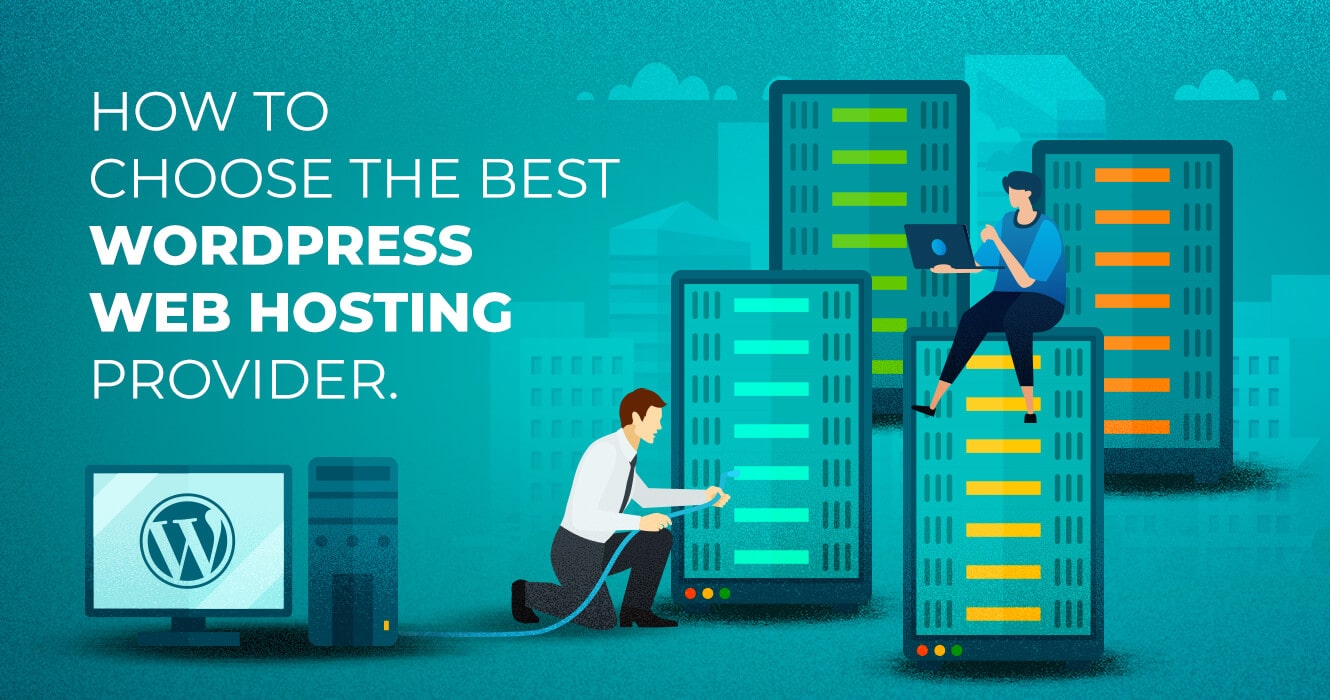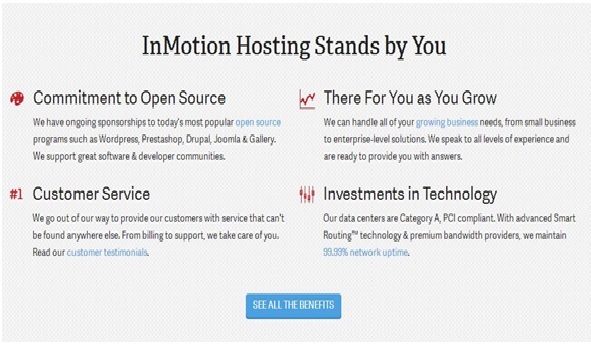When it comes to creating a website, one of the most crucial decisions you’ll make is choosing a web hosting provider. The right web hosting provider can ensure that your website is reliable, secure, and fast, while a poor choice can lead to frequent downtime, security breaches, and slow page load times. In this article, we’ll explore how to choose the best web hosting provider for your website.
Table of Contents
Understanding Web Hosting
Before we dive into the specifics of how to choose a web hosting provider, let’s first define what web hosting is. Web hosting is a service that allows individuals and organizations to make their websites accessible on the internet. Web hosting providers store your website files on their servers and make them available for internet users to access.
There are several types of web hosting available, including shared hosting, VPS hosting, dedicated hosting, and cloud hosting. Each of these hosting options has its own pros and cons, and the right choice for your website will depend on your specific needs and budget.
Factors to Consider When Choosing a Web Hosting Provider
When choosing a web hosting provider, there are several factors to consider. Here are some of the most important things to keep in mind:
1. Reliability and Uptime Guarantees
One of the most crucial factors to consider when choosing a web hosting provider is reliability. You want to ensure that your website is accessible to users at all times, so it’s essential to choose a provider that offers reliable uptime guarantees. Look for providers that offer at least a 99.9% uptime guarantee, which means that your website will be up and running 99.9% of the time.
2. Security
Security should be a top priority when choosing a web hosting provider. Look for providers that offer robust security measures, including firewalls, malware scanning, and SSL certificates. Additionally, make sure that the provider regularly updates its software and patches security vulnerabilities.
3. Speed and Performance
Website speed is crucial for user experience and search engine optimization. Choose a web hosting provider that offers fast page load times, low server response times, and high server uptime. Look for providers that use solid-state drives (SSDs) for faster website loading times.
4. Scalability
As your website grows, you’ll need a web hosting provider that can scale with you. Choose a provider that offers scalable hosting options, such as VPS or cloud hosting, that can accommodate increased traffic and resource demands.
5. Customer Support
When issues arise with your website, you’ll want to have a reliable customer support team to turn to. Look for providers that offer 24/7 customer support through multiple channels, including phone, email, and live chat.
Types of Web Hosting
Now that we’ve covered the factors to consider when choosing a web hosting provider, let’s dive into the different types of web hosting available.
1. Shared Hosting
Shared hosting is the most affordable and popular type of web hosting. With shared hosting, multiple websites share the same server resources, which can lead to slower page load times and increased downtime. Shared hosting is best for small websites with low traffic volumes.
2. VPS Hosting
VPS hosting is a step up from shared hosting, providing more resources and better performance. With VPS hosting, your website is hosted on a virtual private server, which gives you more control over your website’s resources. VPS hosting is ideal for websites with moderate traffic volumes.
3. Dedicated Hosting
Dedicated hosting provides the most resources and control, as your website is hosted on a dedicated server. This type of hosting is ideal for high-traffic websites or websites that require advanced security measures.
4. Cloud Hosting
Cloud hosting is a newer type of hosting that offers scalability and reliability. With cloud hosting, your website is hosted on multiple virtual servers, which allows for easy scalability and high availability. This type of hosting is ideal for websites with high traffic volumes or websites that experience traffic spikes.
Conclusion
Choosing the right web hosting provider is crucial for the success of your website. By considering factors such as reliability, security, speed, scalability, and customer support, you can find the best hosting provider for your needs. Whether you’re just starting with a small website or have a large, high-traffic site, there’s a hosting solution out there that’s right for you.
FAQs
Web hosting is a service that allows individuals and organizations to make their websites accessible on the internet. You need web hosting to ensure that your website is available to users at all times.
Shared hosting involves sharing server resources with other websites, while VPS hosting provides more resources and control with a virtual private server.
Yes, you can switch hosting providers at any time. However, it’s important to ensure that you’ve backed up your website files and that your new hosting provider can support your website’s needs.
Look for providers that offer firewalls, malware scanning, SSL certificates, and regular software updates and security patches.
Consider your website’s traffic volumes, resource needs, and budget when choosing a hosting provider. Shared hosting is best for small websites with low traffic volumes, while dedicated hosting is ideal for high-traffic websites or websites with advanced security needs. VPS and cloud hosting offer scalability and better performance.









